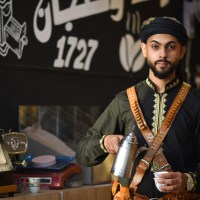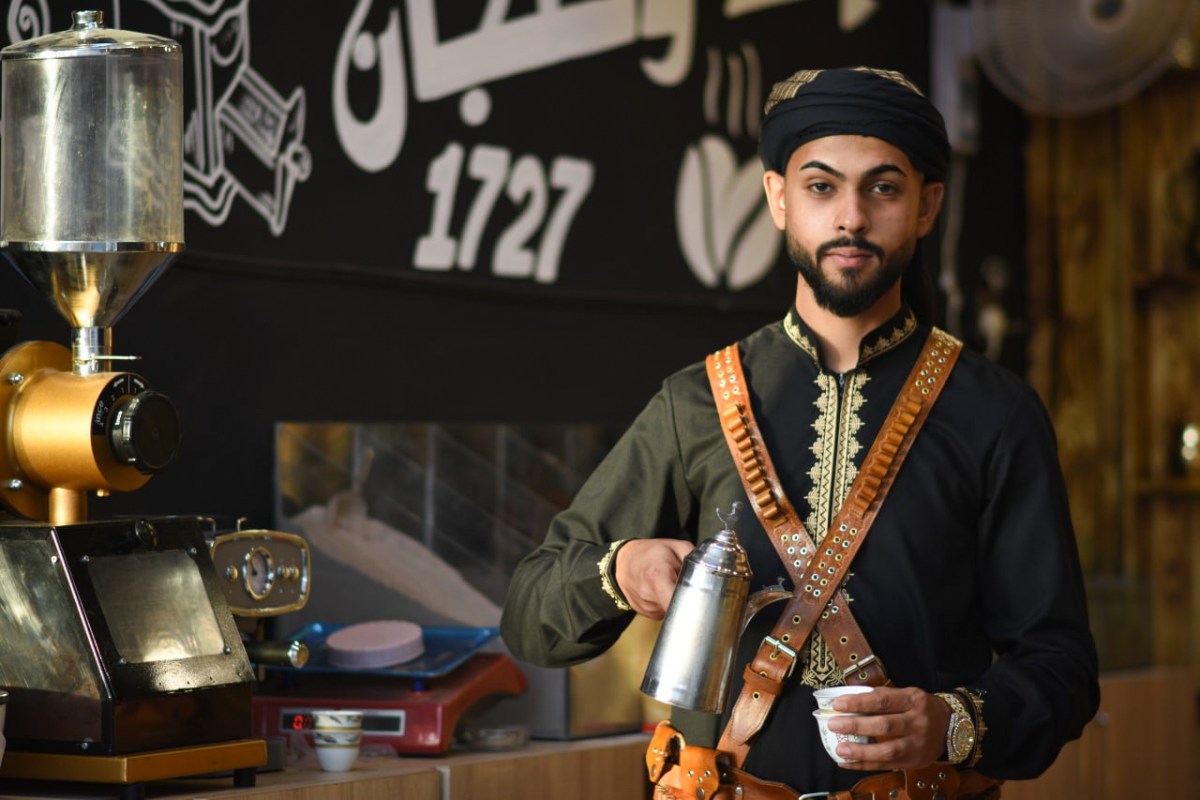Communities destroyed by war are remade over many years. It takes time to write new chapters and to change the story from one of hate to one of hope.
When we first started to partner with residents of Mosul, Iraq to rebuild their city, before the war with ISIS was over, we responded to the most crucial needs first. We helped to open medical clinics, and started businesses for construction workers who would go on to rebuild some of what ISIS and liberation forces destroyed.
In the years since, this community continued to stand with the residents of Mosul committed to rebuilding, like helping Ammar to open his tea stand, Sadam with his household goods shop, and starting our tech hub to teach young people the digital skills they need to compete in the current job market.
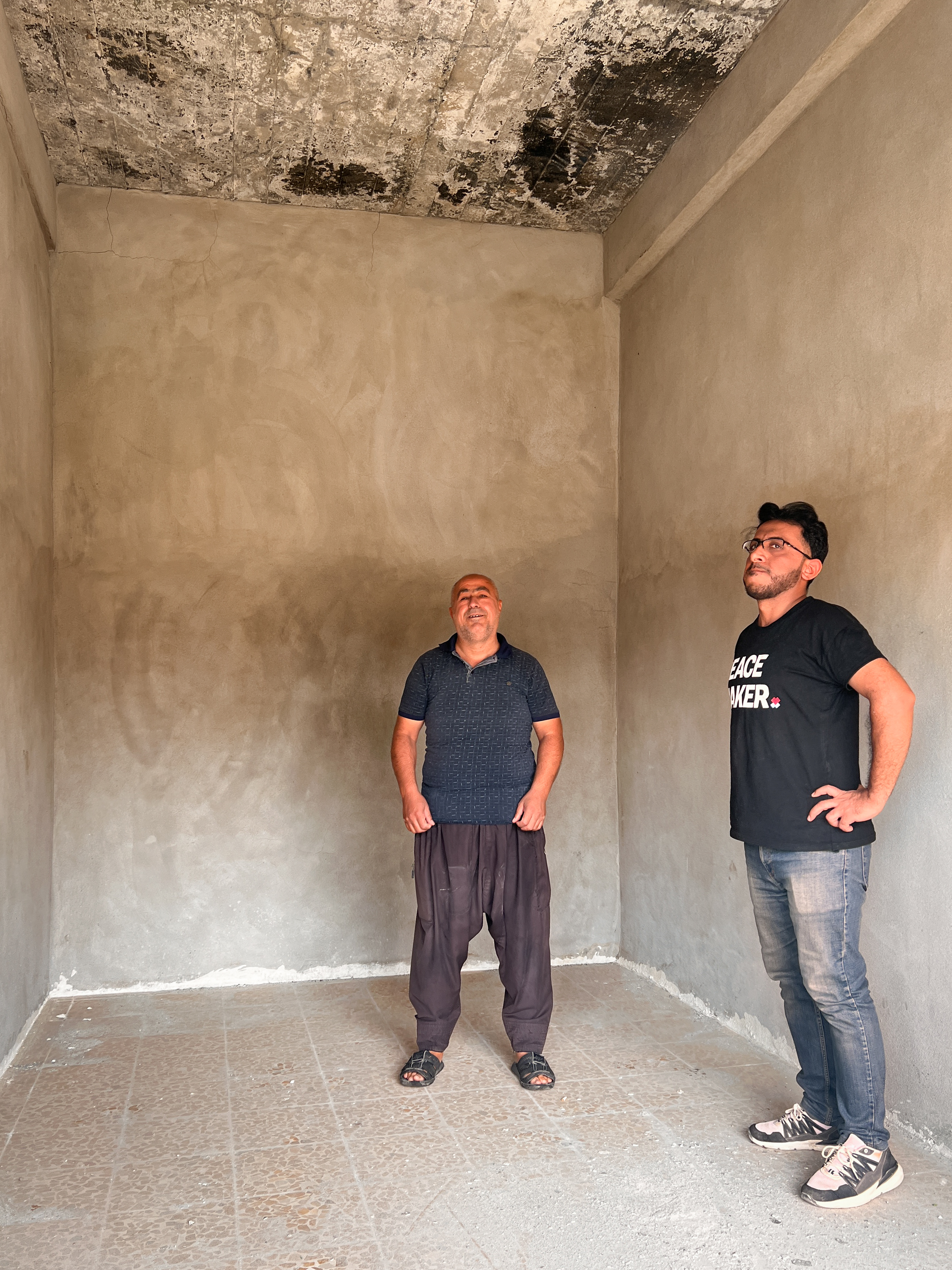
In many neighborhoods, the daytime life in Mosul has returned. But in other parts of the city, the rebuilding has been limited. You might be able to find a bakery making flatbread for breakfast, or a shop selling dried beans to make into a stew for lunch. But in too many places, the city life that lit the streets after dark has not returned.
Hassan wants to change that.
Hassan missed the smell of dark coffee on the streets of Old Mosul. He missed the chatter of old friends, spilling out past lit cafes into the dark streets beyond. Hassan missed the feeling that Old Mosul was more than a place to meet basic needs—it was a place to live. And so he’s committed himself to create what he missed most.
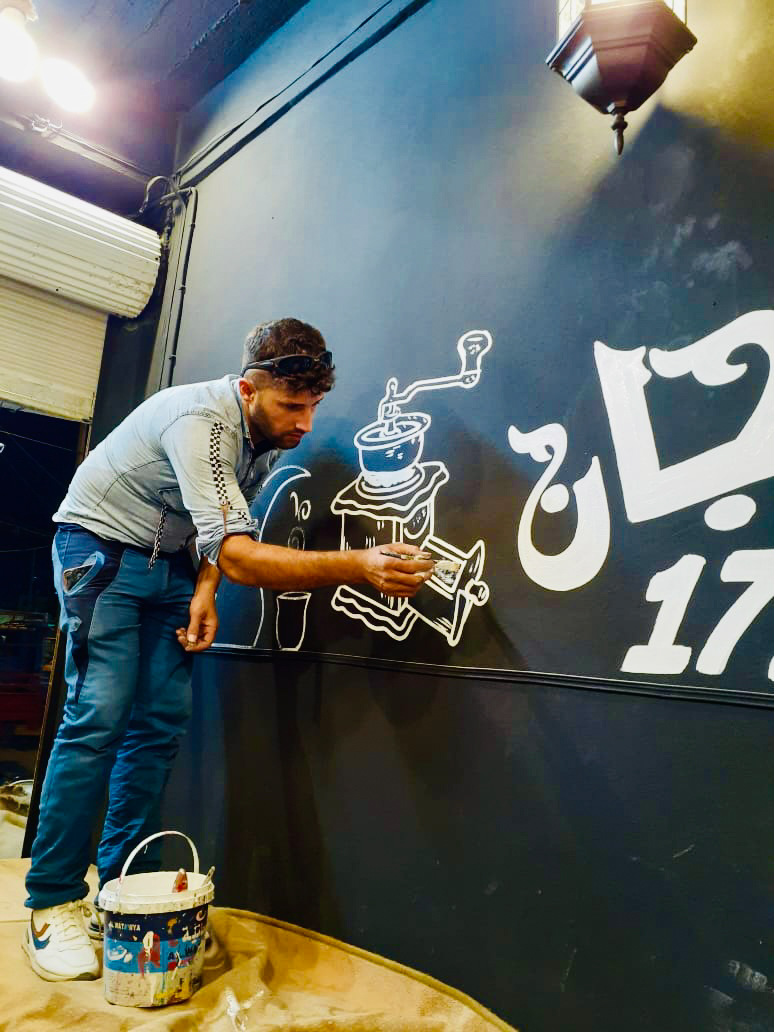
For Hassan to commit himself to a place like Old Mosul was a big decision to make. His house and shop were bombed here during the war, and he was forced to flee with his family. His brother was killed by ISIS, and his beloved mother was injured by coalition forces. This city holds many painful memories. But it also holds Hassan’s heart. If he was prepared to make this commitment, we were prepared to stand with him, and offer him a small business grant.
He joined with two other men to open the kind of coffee shop that he loved to visit. They started with a concrete shell and built it into something beautiful.

Hassan sourced the right kinds of coffee and brought in the right kind of machines to recreate the flavors he missed.
They worked to create a unique, inviting atmosphere—a place where all are welcome to drink their coffee, talk, reminisce, and dream about a healed city.
In our initial interviews with Hassan, our job creation team worked through a series of questions designed to measure vulnerability. He didn’t have the resources to open a business on his own and struggled to meet the daily needs of his family.
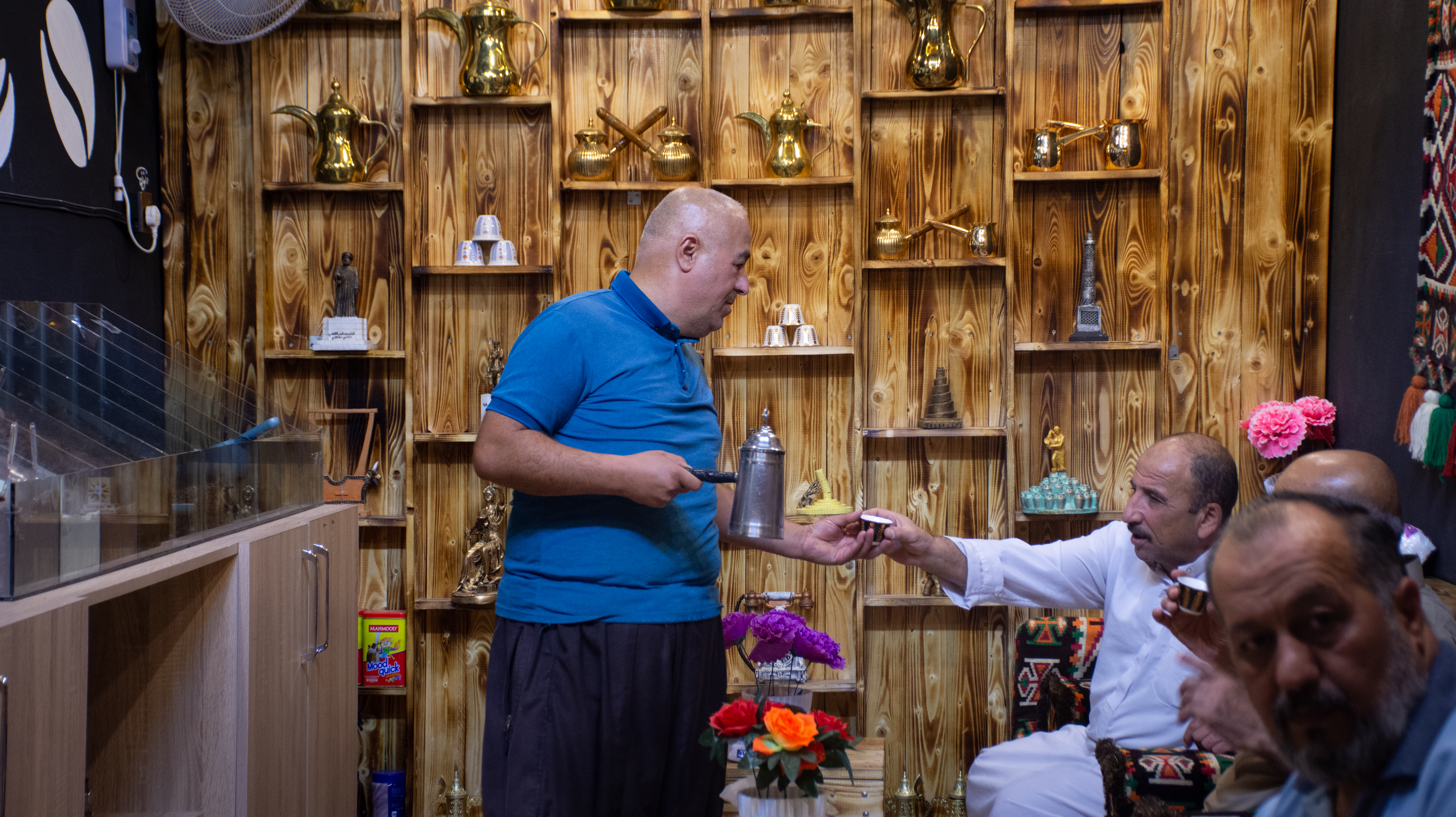
Two months after opening, during a follow-up interview, things are looking much brighter. His coffee shop is regularly filled with customers, and he hired two more staff. He is confident that this business contributes to his family’s security, and he has no trouble meeting his family’s daily needs.
There are many more residents in Mosul hoping for an opportunity like this to change their corner of the city. They have the skills and the energy but don’t have the start-up funds needed to open a business. Together, we can make that happen. Give now.

